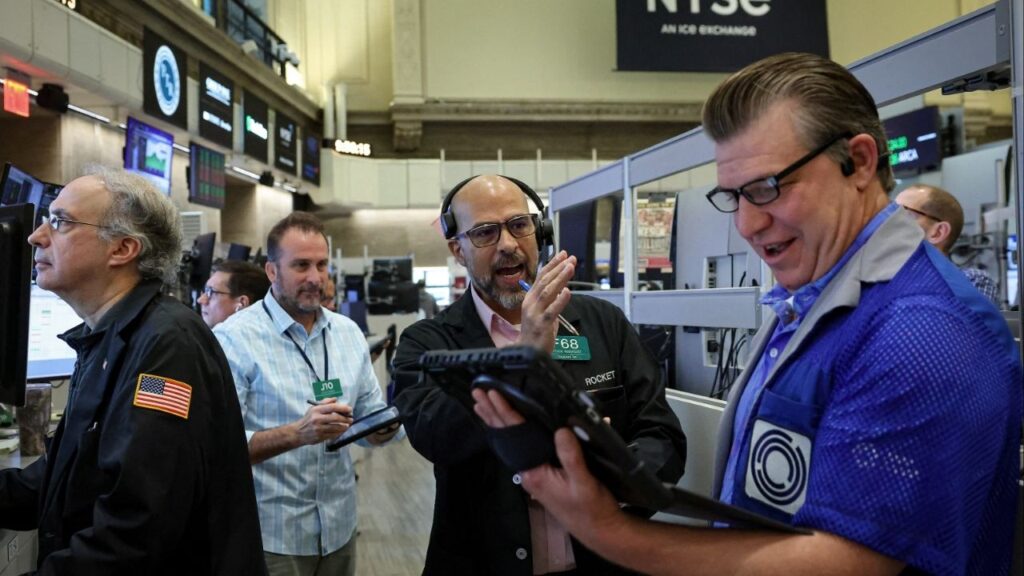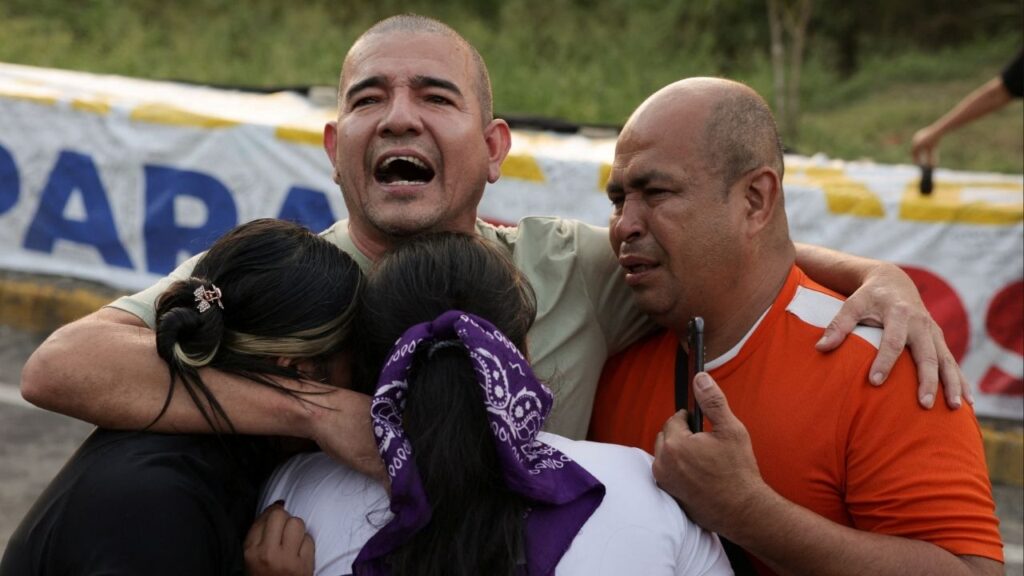Share
LOS ANGELES — A new program that uses electronic bracelets to find missing people with dementia or autism has been launched in Los Angeles partly in response to the death of a 55-year-old woman with Alzheimer’s disease who wandered away from her husband during a visit to a museum.
During the desperate search for his wife that began in late 2016, Kirk Moody grew increasingly frustrated by the lack of communication between law enforcement and other agencies.
Nancy Paulikas’ body was found five months later in a rugged canyon, miles from where she disappeared. Security camera video showed her walking on nearby streets, but a massive search with police dogs failed to locate her.
Electronic Bracelets Aid Search Efforts
With Moody’s input, the county started LA Found with the goal of establishing procedures to help police, sheriffs, fire departments, nursing homes and hospitals better coordinate their efforts.
The cornerstone of the program is a system of bracelets voluntarily worn by vulnerable people that can be located using electronic receivers carried in Sheriff’s Department squad cars and helicopters.
More than 250 Los Angeles residents have been outfitted since October with the bracelets maintained by Project Lifesaver, a public safety nonprofit. At least four missing people have been located thanks to the technology, including a 53-year-old woman with dementia who wandered away from her family around Christmastime, said Los Angeles County Supervisor Janice Hahn.
Wandering is Common With Dementia and Autism
Wandering is a common problem associated with dementia and autism. According to the Alzheimer’s Association, 60% of people with dementia will wander at some point while a study by the Interactive Autism Network found that 49% of children with autism will engage in wandering behavior.
“The county has law enforcement, we have our transit systems, we have our county hospital and nursing facilities. We have the coroner on the lookout for a Jane Doe or a John Doe,” Hahn said Wednesday. “And we’re making sure that they’re all talking to each other.”
Moody, 60, said he considers the renewed collaborative efforts “a huge victory” and he’s gratified that Paulikas has become the face of the new program.
Initial money for the bracelets came from the county, but funding has grown through donations from various state and local organizations.
Hahn said she believes the program is the first of its kind in the nation. She said officials from Colorado and other California counties have called expressing interest in replicating it.
Categories

US Consumer Confidence Improves in February

Pentagon Races to Spend $153 Billion in Added Funds for Military

















